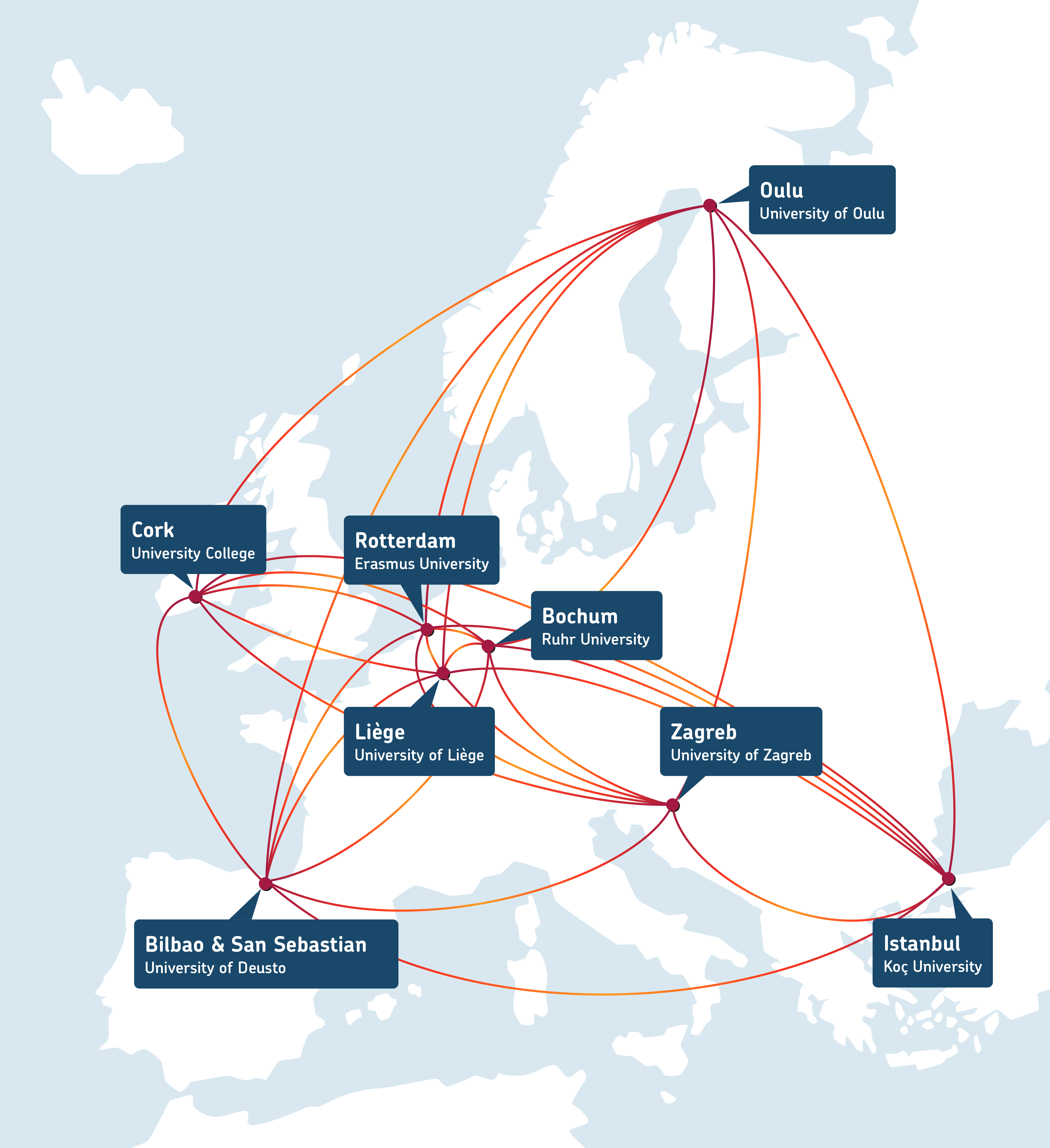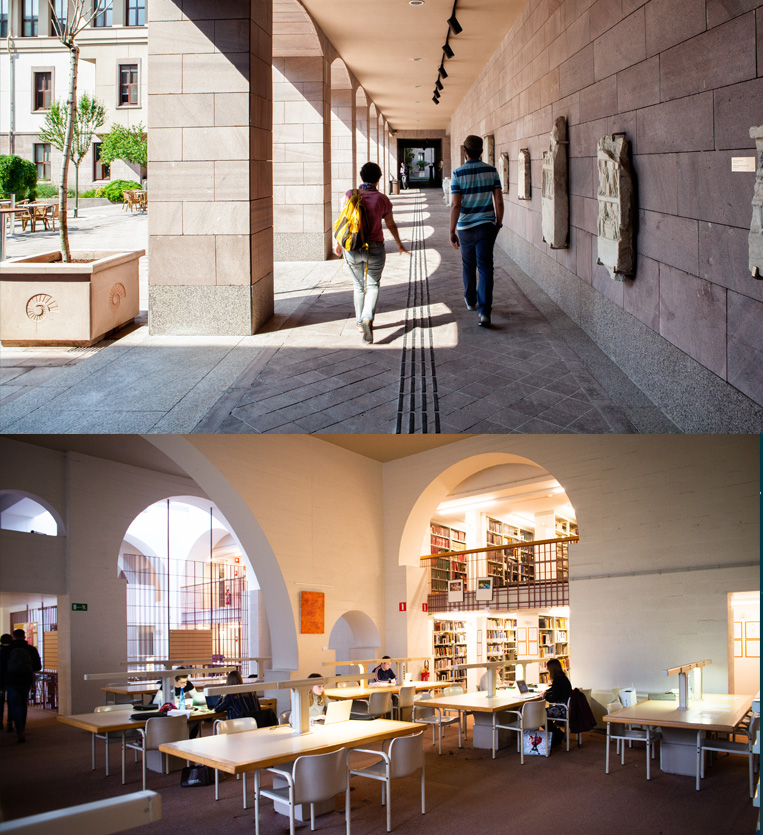The UNIC website uses cookies to improve your experience. Read our full Cookie Policy here.
SEOS is an international and interdisciplinary two-year joint Master programme (4 semesters – 120 ECTS) fully delivered in English. The programme brings together internationally renowned expertise in engaged research on superdiversity from eight world-class European universities that are part of the European university alliance UNIC:
Contemporary societies are characterized by complex processes of diversification, accompanied by fundamental changes in education, organisations, and society. SEOS innovatively responds to these complex transformations by aligning theory and research with real world examples. Students explore the impact of superdiversity on education, organisations, and wider society while developing reflexive and co-creative capacities to analyse and shape the transition to an inclusive, productive, and sustainable future for superdiverse societies.

The SEOS Master is unique in its interdisciplinary and intersectional approach to superdiversity, drawing on three key disciplinary perspectives: educational sciences, social sciences, and organisational and management research. Throughout the programme, SEOS students engage with cutting-edge knowledge and methodologies on superdiversity and related concepts like inclusion and equity. The superdiversity lens recognises the growing complexity of diversity, challenging traditional ways of thinking about it - moving beyond simplified categories like ethnicity or gender while also deepening the understanding of the differences between equality, equity, and inclusion.
SEOS offers a truly transnational learning experience through an innovative hybrid learning architecture that combines physical and virtual mobility. Another distinctive feature of the programme is its engagement with the post-industrial urban contexts of all eight partner universities. SEOS students will have transdisciplinary opportunities to collaborate with local stakeholders across Europe, co-creating solutions to contemporary challenges related to superdiversity, discrimination, and exclusion.

As a SEOS student, you will actively explore the profound impact of superdiversity on education, organisations, and society. You will develop critical skills to analyse complex diversification processes and collaborate to create a future grounded in social justice and rights-based perspectives. Through inclusive practices, you will gain the 21st-century skills and knowledge needed to address the challenges of superdiverse societies.
By the end of the programme, you will:

The SEOS Joint Master Programme is offered annually and consists of four semesters delivered over two years (24 months) in a research-led curriculum. During this time, you will encounter different contexts, languages, and distinct learning environments, and profit from cutting-edge expertise from each of the eight universities.
The focus of the curriculum is on superdiversity as an increasing social complexity of diversity with a growing acknowledgement of the intersectionality of social categories like ethnicity; race; gender; sexuality; culture; religion; disability; social, economic and legal status; and many other aspects especially in a context of widening global social and economic inequality, mounting environmental crises including climate change, and resource shortages necessary for social and economic transitions.
• The programme combines different disciplines, educational approaches, and outstanding facilities in a comprehensive and value-adding way, based on the specific strengths of each partner university in the relevant fields.
• SEOS includes virtual and physical mobility options, responding to the heterogeneous expectations of a superdiverse, transnational and climate-conscious 21st-century student body.
• Learning, teaching, and research are interconnected, mutually enriching, and learner-centred, and your student journey will benefit from tailor-made flexibility, clear guidance and transparent processes.



Over the course of four semesters, students will progressively build their knowledge in stages, starting with the fundamentals, evolving to multidisciplinary perspectives, and advancing to in-depth studies before mastering their research topic and delivering a master’s thesis in the SEOS programme.